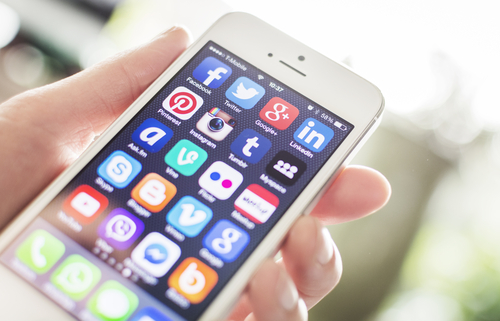
Have you ever heard the phrase, “There’s an app for that!” While many of us joke around the pervasiveness of social media and just how many apps there truly are (reports suggest there are currently 3.8 million apps for Android users and 2 million apps for Apple users), the truth is that there’s many for a reason – they have the potential to help. Last year, Australia’s ABC News broke it down by a variety of health topics to see if health apps are really as useful as they’re made out to be. One major concern is that some of the apps aren’t scientifically proven to work, and some are only developed to attract users, not to really help them. Professor Carol Maher, a researcher in mobile health apps from the University of South Australia, said, “They can be quite dangerous because it can be very inaccurate, compared with a doctor who’s a specialist with specialized equipment.”
Of course, it’s probably safe to say that apps shouldn’t replace treatment or therapy altogether, but some may be of benefit alongside professional help. Addiction recovery is one sector that’s recently been expanded in the app world, and an app called Drinkaware could be changing the landscape. A 2017 study published in the journal BMC Public Health sought to evaluate Drinkaware, an app used to explore user characteristics and patterns of drinking. A total of 119,713 people utilized the app for 13 months. Researchers found that users of the app tended to be “high-risk” drinkers who were motivated to “reduce drinking”. Of the participants who continued to use the app over time, self-reported alcohol consumption levels did decrease, which the largest changes appearing during the first week of the app’s use.
Overall, the app could be useful in tracking some of your drinking behaviors, but much of it is up to how often you use the app, and how accurate of information you provide. If you feel that you may have an alcohol use disorder (AUD), it’s important to speak with a licensed healthcare professional to identify your symptoms and discover an appropriate treatment route that fits your needs.
If you or someone you know has struggled immensely with trauma, help is available. Call The Guest House Ocala today for information on our residential treatment programs for trauma, addiction, and related mental health issues. 1-855-483-7800